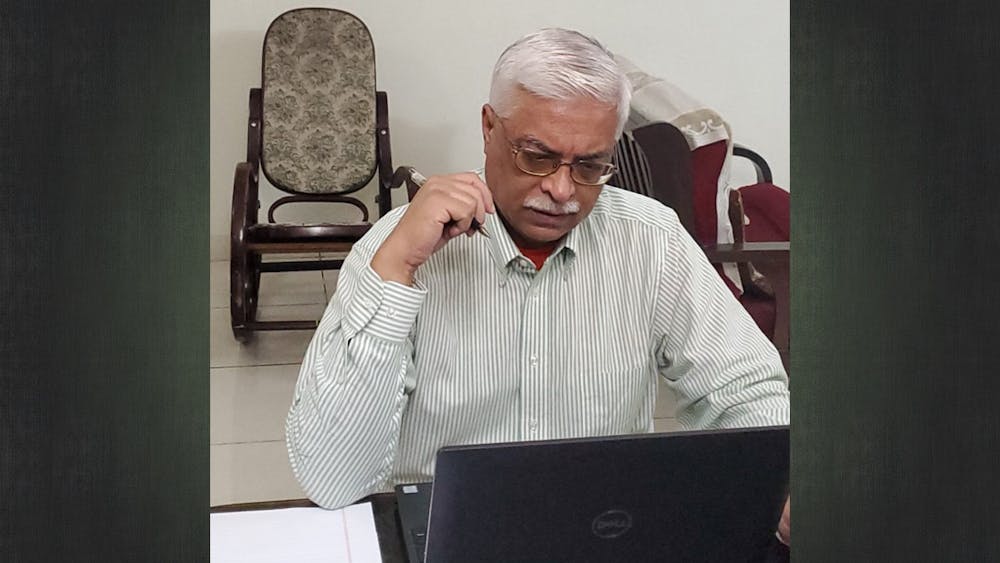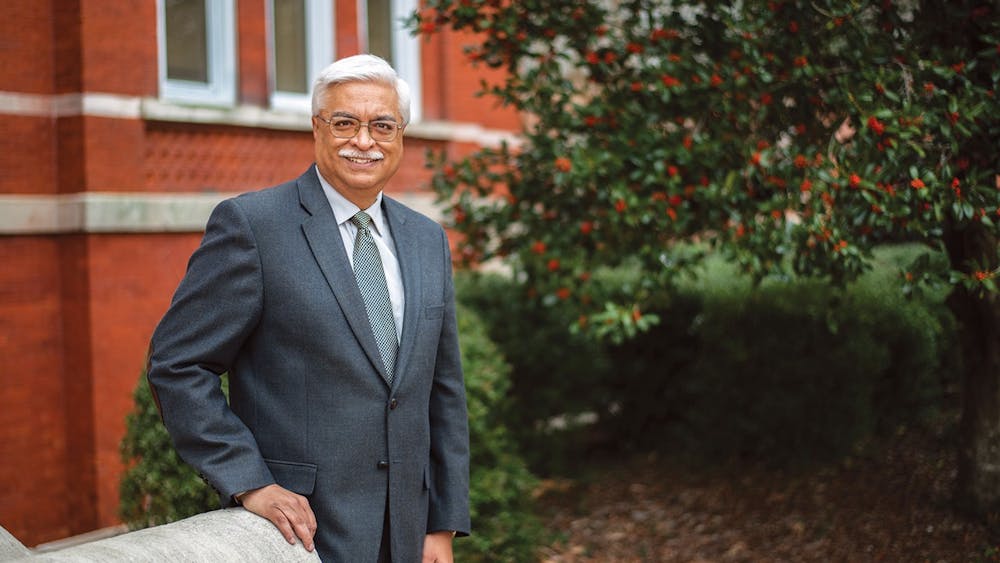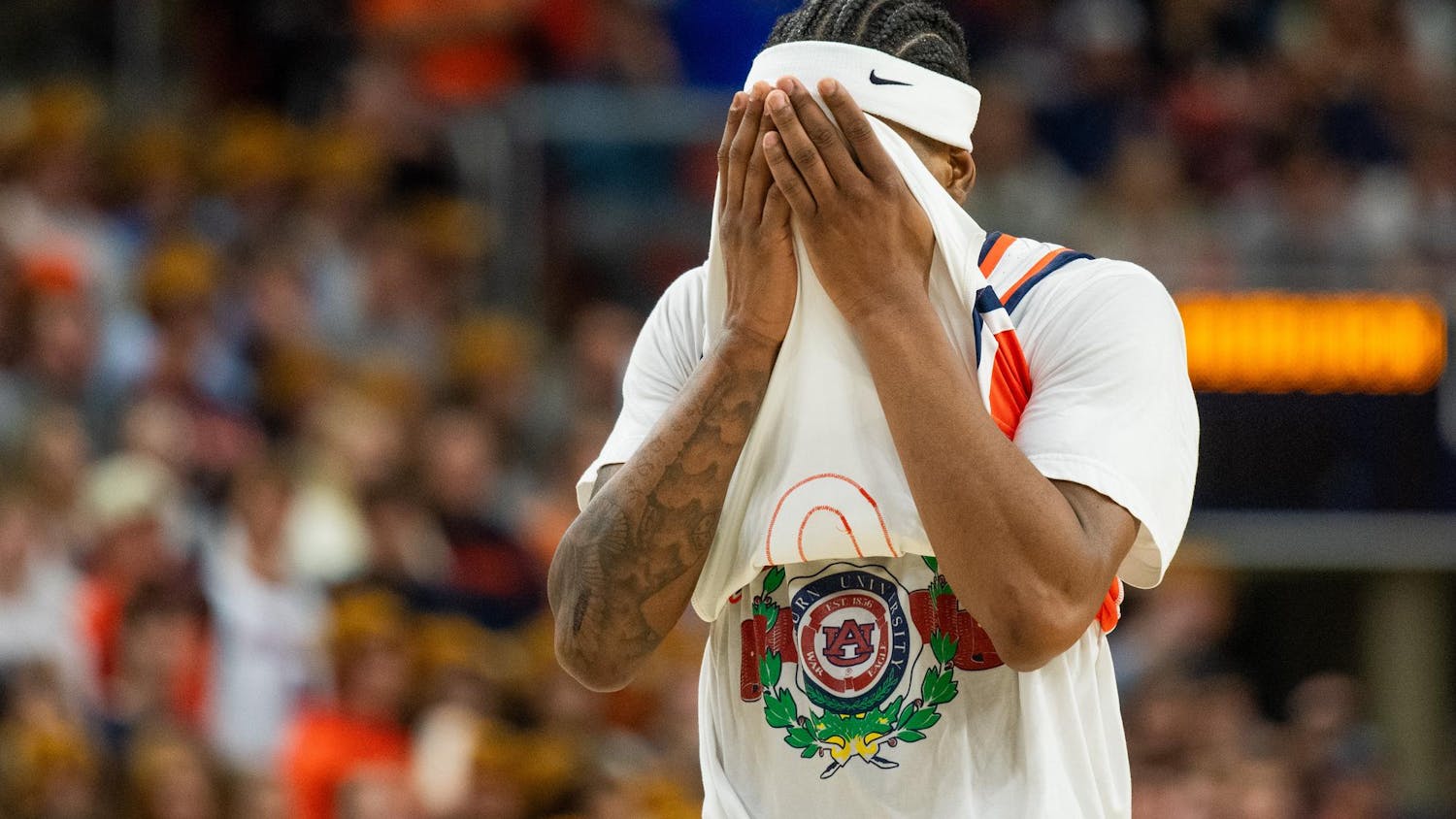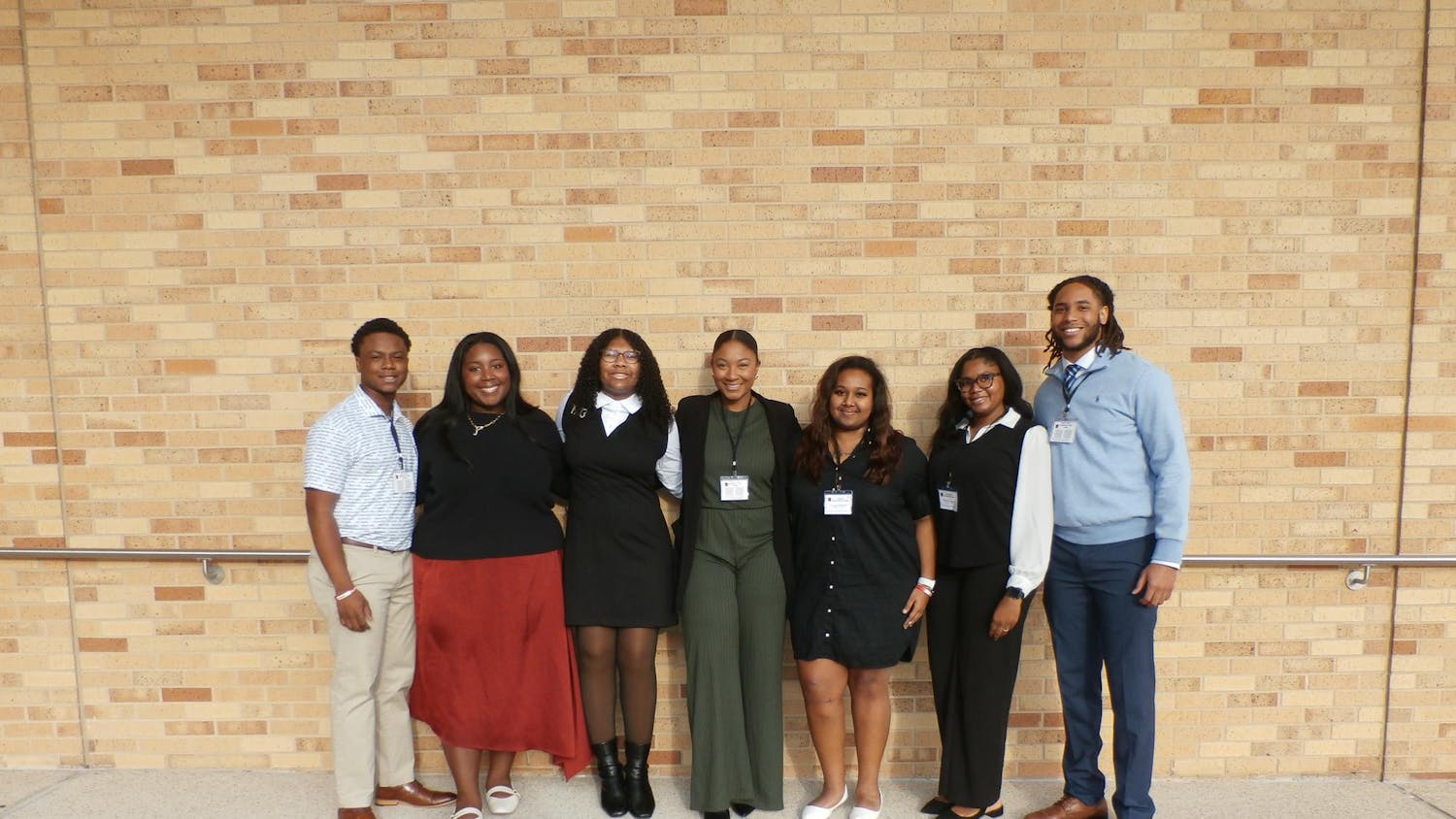About the series
The "Auburn voices from the pandemic" series is an oral history from The Plainsman of COVID-19 and how people are being affected by the disease.
As told to Collins Keith
Sushil Bhavnani, associate department chair of mechanical engineering, didn't return from India while visiting over spring break. When the University moved to remote learning and international flights were suspended, the professor had to quickly adapt to a new teaching schedule. He remains cautiously optimistic about the COVID-19 pandemic.
The transcript from Bhavnani's interview with The Plainsman has been slightly edited for clarity and rearranged for structure to produce the following piece.

Sushil Bhavnani is the associate department chair for the College of Engineering's mechanical engineering program.
I was at the Atlanta airport when I got the message saying, “The University is going to shut down,” which suddenly made my absence just like anyone else’s. In an ironic way, it suddenly became like I wasn’t away any more than students or my colleagues were away.
After the first couple weeks of dealing with it, I started realizing that, you know, air travel was not going to happen. So I’d better start changing my mindset from returning and playing catch-up to working from here.
My colleagues, my graduate students, even my son all of a sudden found me making a few demands of them. One of my closest friends and colleagues started coaching me in how the exams were going to work. There were scholarships to be done and the College of Engineering’s scholarship coordinator jumped in and did that for me which was fantastic. Graduate students had access to my office and they picked up things and started getting files off my computer, and so did my son. So we did that for about five weeks.
I had some test anxiety, although not the way that a student would, but it was test anxiety all right. I was concerned about the ability to pull that off, but once my colleague led me through that … the actual logistics of doing the teaching and being away have been extremely manageable, including the time zones. When I start my class everybody else is about to head off to bed and it’s all quiet here. It works great.
I wake up, I look at the international numbers country by country, I go to bed, I look at those numbers again. I can see that things are improving a little bit in Alabama … and so I’m pleased by that. The numbers here have been low, but that’s the numbers. The reasons for those low numbers [are] really hard to get into ... I don’t know. They’re surprisingly low.
See, I’ve got all this grey hair, right? I’m officially in the ‘high risk’ category. But then we’ve got my wife’s mother and my mother that are grayer than we are. So yeah, we worry a lot about them. We do.
You worry about everybody around you. You worry about your close friends, you worry about people that you kind of know and like, even though they’re not family. You worry and you try very hard to not let that consume every part. It’s not a good place for you to be. You’ve got to find reasons to still celebrate.
We’ve already ordered our football tickets.
Read previous stories from The Plainsman's oral history series:
- Debra Hudmon, an intensive care unit nurse at East Alabama Medical Center, describes life on the frontline of the COVID-19 pandemic.
- William Andrews, owner of The Auburn Popcorn Company, on what operating a business in a mostly shuttered Auburn is like.
- As business operations come to a stand still and entertainment venues close, local drag shows and LGBTQ activities including Pride have been put on hold.
- While essential businesses like grocery stores remain open during the pandemic, some workers who interact with customers are concerned for their health and the health of others. The impact and stress from the pandemic and personal circumstances is different for each of them.
- Sadok Aounallah, an RA for the Village dorms, talks about living alone on campus and his fears about COVID-19.
- Dr. Fred Kam, medical director at the Auburn University Medical Clinic, on what a day in the office entails during the pandemic.
- Jarious Avery, freshman in biomedical sciences, is one of many first-generation college students returning home after experiencing a sliver of college life.
Do you like this story? The Plainsman doesn't accept money from tuition or student fees, and we don't charge a subscription fee. But you can donate to support The Plainsman.





